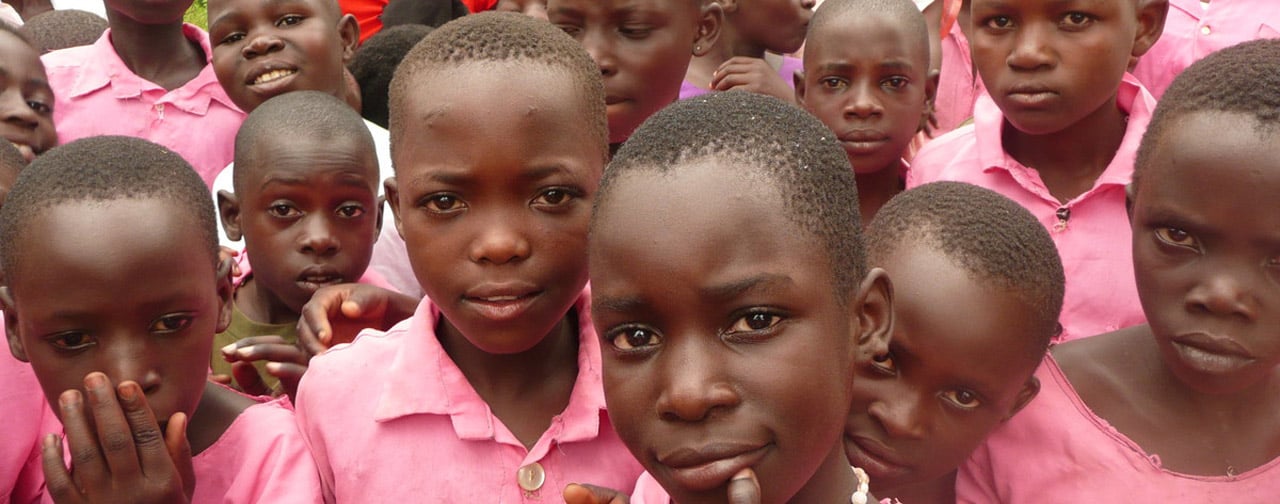This study will use international as well as Ugandan data and combines analysis of existing quantitative data with primary qualitative data collection.
This project is led by LSHTM in collaboration with Makerere University and UCL. It is a part of the Child Protection Research Group.
We have produced academic publications, policy briefs, infographics and a video animation that draw together findings across the project.
Aim of this study
The aim of this project is to develop an evidence base and platform for action around how violence in childhood and adolescence affects child labour, participation in skills programmes and employment outcomes in Uganda.
This study is a collaboration between LSHTM, UCL and Makerere University, Uganda.
This study involves:
- Conducting a systematic review of longitudinal studies internationally to explore how violence in childhood and adolescence relates to later work outcomes
- Undertaking a mapping of existing skills training programmes in Uganda
- Exploring how violence in childhood and adolescence relates to child labour and other work outcomes internationally
- Exploring experiences of violence among trafficked adolescents in Uganda
- Describing associations between prior experience of violence and work outcomes in adolescents in Luwero district (using data from the CoVAC study)
- Conducting a new qualitative study to understand young people's experiences of participation in skills training programmes.
We also created a network of stakeholders in Uganda to assist in shaping the research questions and developing policy recommendations. This included academics, NGOs in labour, skills or violence prevention sectors, government members and young people. We have held four meetings throughout the project with the network members to guide research activities, and discuss findings and implications for policy and interventions.
We held an open dissemination meeting at Makerere University in March 2022, where we presented project findings and hosted a panel discussion with six network members, including representatives from skills training organisations, government, civil society organisations and youth. Study findings were featured across several Ugandan broadcasting platforms, including NBS, Uganda Radio Network and Chimp Reports, and news articles have been published on Ug Standard and the Makerere University website.
Dr Eddy Walakira
Makerere University / Co-investigator
Dr Ligia Kiss
UCL / Co-investigator
Louise Knight
LSHTM / Research Fellow
Agnes Kyamulabi
Makerere University / Study team
Fred Kasalirwe
Makerere University / Study team
In addition to producing academic publications, we worked with the Evidence and Methods Lab to develop policy briefs, visual key messages and an animation summarising the findings from the project. We plan to share these with skills training organisations and NGOs in Uganda to further disseminate the findings.
- Policy briefs and visual key messages
-
We produced three policy briefs that draw together our findings on child labour, participation in skills training programmes and employment outcomes. For each of these, we also produced visual key messages highlighting the key findings. We also produced a brief summarising the methods used in the project.
Violence against children and child labour in Uganda: what evidence exists?
Skills training in Uganda: mapping programmes and exploring young people’s experiences Violence against children and employment outcomes in Uganda: what are the pathways to decent work for young people? - Animation
-
An animation summarising the methods and key findings from the project.
- Publications
-
Violence, abuse and exploitation among trafficked women and girls: a mixed-methods study in Nigeria and Uganda; Kiss et al. 2022
Workplace Violence Against Adolescents, Uganda, 2014–2019; Knight et al. 2022
The Epidemiology of Young People’s Work and Experiences of Violence in Nine Countries: Evidence from the Violence against Children Surveys; Bhatia et al. 2022
We are finalising drafts of papers with findings from other project components.
